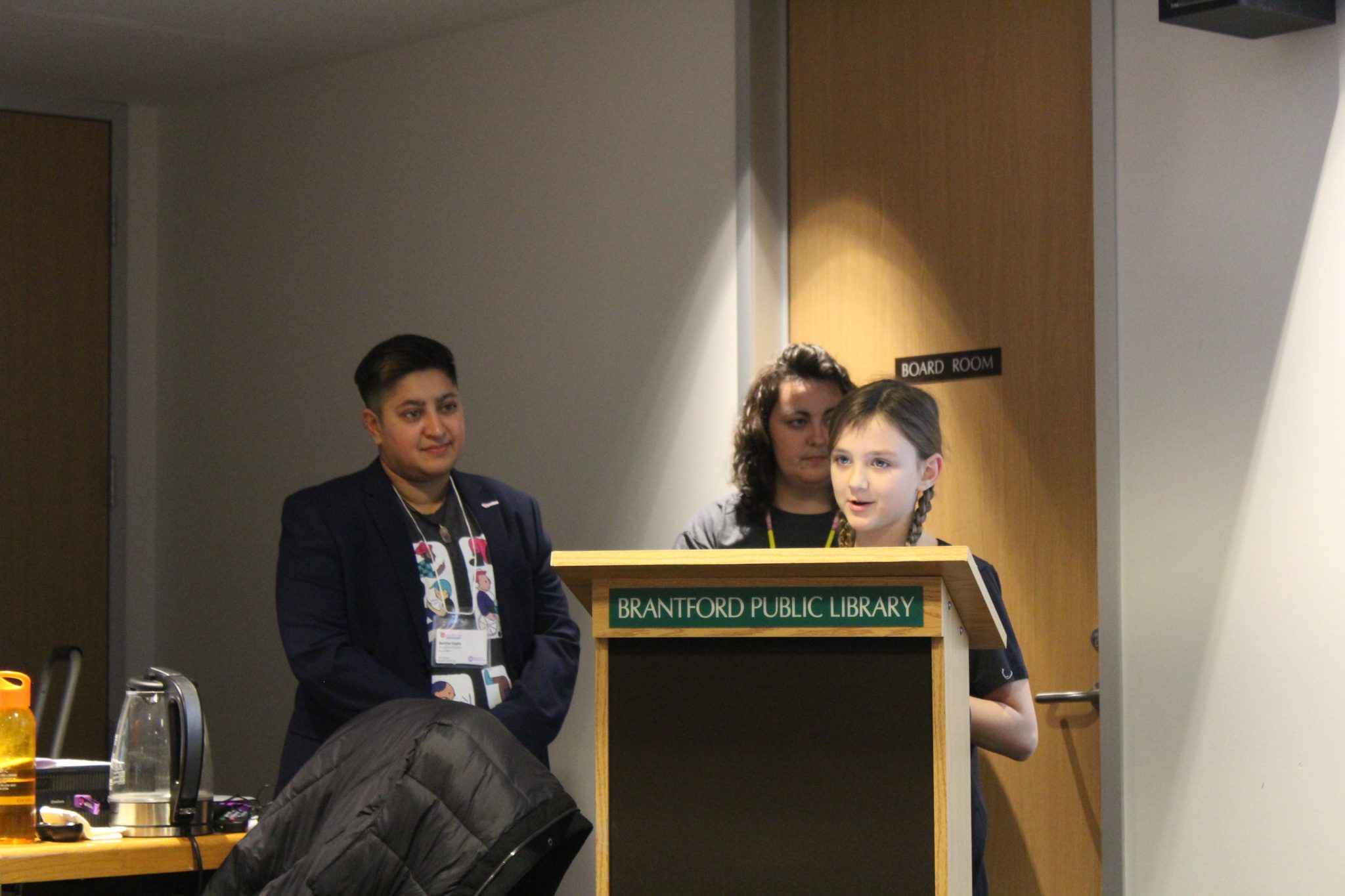As summer season progresses toward the new school year in September, students were once again obligated to register through Laurier’s online program, referred to as Laurier Online Registration Information System (LORIS). However, much like years past, many students were once again left frustrated and disappointed.
“I feel that it’s just a stressful experience for me, as a Concurrent Education student, because we already booked our Nipissing courses, so we have to maneuver our Laurier classes around those,” said Jessica Nunns, a fourth-year student. “This past Monday, I actually found to be the worst of my experiences so far.”
Using an acronym to stress the displeasure many students feel towards the problematic system, fourth-year Journalism student, Josh Linton, wittingly remarked, “LORIS: Laurier’s Obsolete Registration and Irritating System.”
Registration processes initiated with first year students on May 1, followed by fourth and fifth-year students on June 17; third-year students on June 19; and second-year students on June 24. Unlike the Waterloo campus, Brantford’s registration is divided only by year level, and not also by faculty. As a result, students from various programs in the same year level find themselves all applying at once, which at times causes a system overload. This year, Laurier decided to release the Course Registration Numbers (CRN), which was expected to speed up the process and allow students to register quickly, and log off. This would, in theory, prevent a system overload.
Nunns further expressed her disappointment with a specific example: “I thought this year would be the best because they released the class CRNs, but as soon as I logged in, typed all of them in, [and] pressed submit, the system crashed, and then signed me out.”
Once signed out of the program, Nunns explained that it took her as long as an hour on LORIS to determine what she was already registered in, and what she needed to register for, all due to the slow processing of the system.
Another fourth-year Concurrent Education student, Emily Dwyer, experienced the same difficulties, saying, “I didn’t get into multiple classes, and after an hour of being kicked off multiple times, I hadn’t even registered for one class.”
Compared to past years, both Nunns and Dwyer did not see any significant improvement. Nunns commented, “In the past, Loris has always been unreliable due to the volume of students all trying to log on at once.” She added, “So this year, it was not a surprise that the site would crash.”
Registrar Ray Darling recognized the frustration experienced by students, and acknowledged the problem. Darling explained that there are three primary issues with the registration process: the year level, filters on course selection, and system issues. Of the three, it was the system issues that seemed to bother students the most.
“One thing we don’t think is acceptable is the system problems,” Darling acknowledged.
What Darling also explained, though, was that the system was expected to be 15 times faster than it had been prior, and from the registrar office’s perspective, it is running significantly faster than last year. On a more positive note, he also expressed some optimism regarding the future of the LORIS registration process, and said that he had heard positive feedback from Brantford’s Service Laurier on the improvement of LORIS traffic.
“We’re constantly making improvements and adjustments,” Darling stated, adding that “it will never be perfect, but we’re trying to perfect it as much as we can.”
One point of common ground between the students and Darling is their agreement over a simplistic solution to the problem in Brantford: designating more time slots by both year level and by program.
“I think the best solution for the school, if they do not want to spend money, is to have specific time slots for smaller groups of students,” Linton suggested.
While an improvement in efficiency remains to be seen in LORIS, students alike will continue to use its system to sign up for courses.



